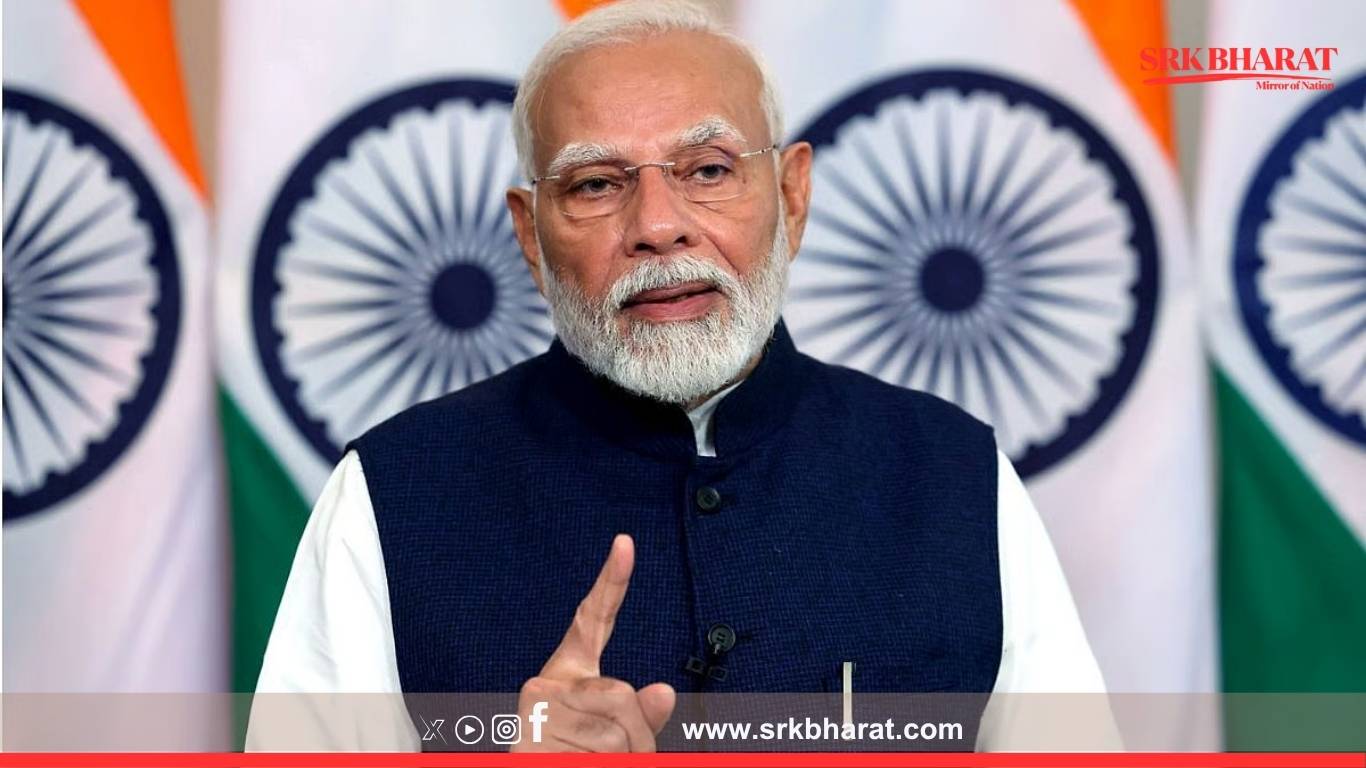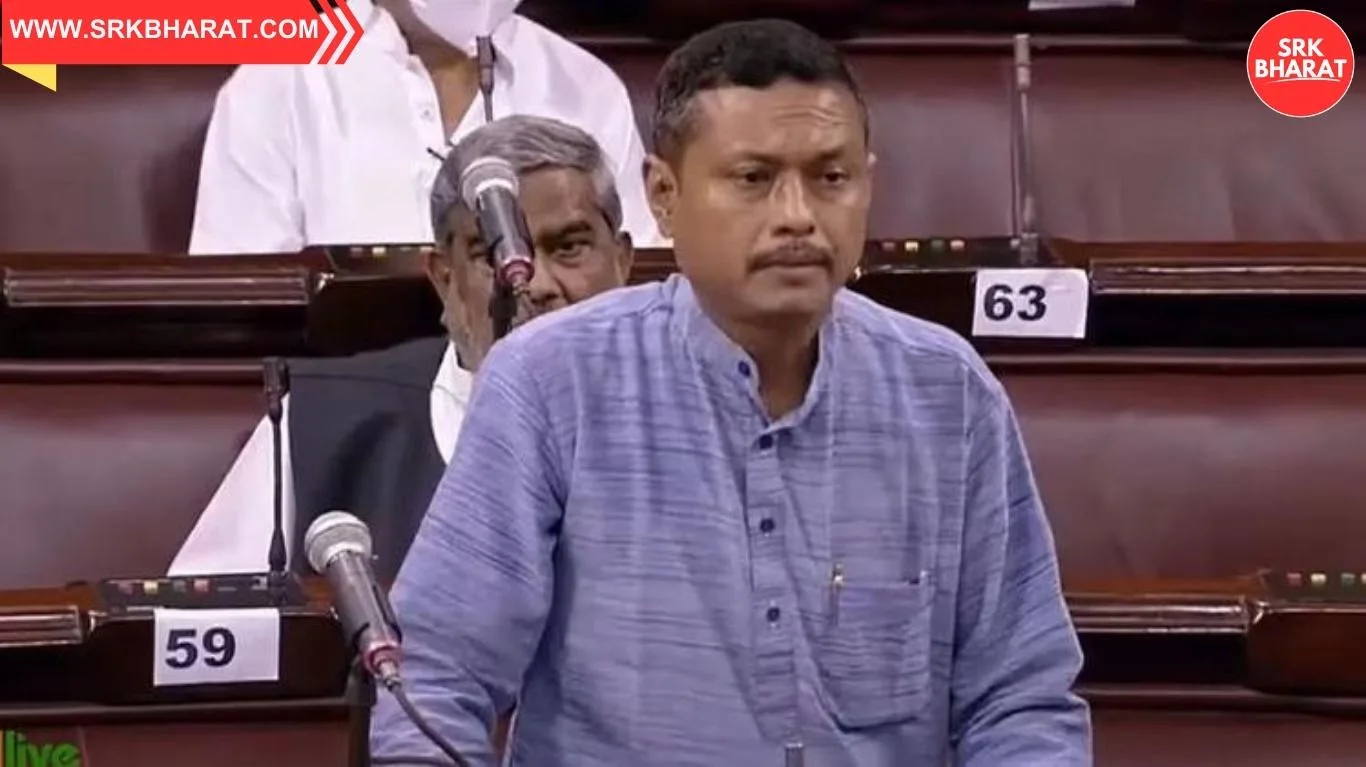Prime Minister Narendra Modi’s diplomatic offensive against Pakistan-sponsored terrorism has yielded significant results, strengthening India’s global stance on counterterrorism. The strategy, which includes military action, diplomatic outreach, and economic pressure, has successfully isolated Pakistan on the international stage.
Key Developments in India’s Anti-Terror Strategy
- Operation Sindoor: India launched precision strikes against terror hubs in Pakistan and PoK, eliminating over 100 militants linked to Jaish-e-Mohammed, Lashkar-e-Taiba, and Hizbul Mujahideen.
- All-Party Delegation Diplomacy: Indian leaders across political lines visited 33 global capitals, advocating for Pakistan’s inclusion in the FATF grey list due to its terror financing links.
- International Support: The UK, France, and Germany have backed India’s zero-tolerance policy on terrorism, with British Foreign Secretary David Lammy condemning the Pahalgam terror attack.
PM Modi’s Strong Message to Pakistan
- Addressing a rally in Katra, Modi stated, “Pakistan tried to target Kashmir’s economy and trigger communal clashes, but failed in the face of India’s unity”.
- He reaffirmed that India’s retaliation against terror camps has only been paused, not ended, signaling continued vigilance.
Future Outlook
With India’s diplomatic and military strategy gaining traction, Pakistan faces increased global scrutiny. Modi’s firm stance on terrorism has reinforced India’s position as a leader in counterterrorism efforts.
For more updates on India’s national security and global diplomacy, stay tuned! 🚀











